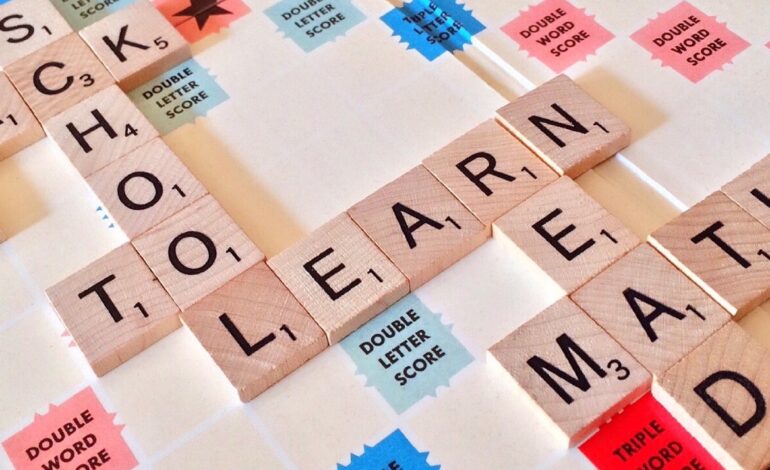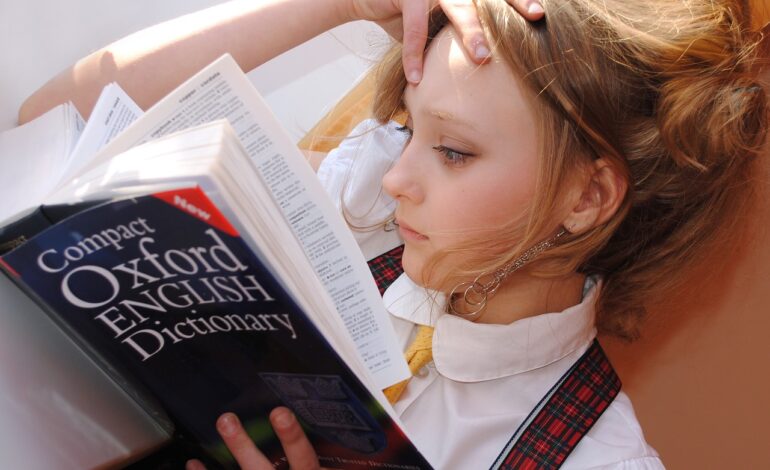Why learning spelling is important for kids?
Spelling is an essential skill that every child should learn. It is the ability to arrange letters in the correct order to form words. Spelling skills are vital for communication, reading, and writing. In this blog post, we will discuss why learning spelling is important for kids and how parents and educators can help their children improve their spelling skills.
Improved Communication
Spelling skills are essential for clear communication. Children who can spell well can express themselves more effectively in writing. They can also understand written communication better, as they will be able to decipher the words more easily. Children who struggle with spelling may have trouble understanding instructions or completing assignments, which can lead to frustration and a lack of confidence.
Better Reading Skills
Learning to spell also helps children become better readers. When children learn to spell, they learn to recognize and remember words. This recognition and memory can help children read fluently and with greater comprehension. Children who can spell well will also have an easier time recognizing and understanding new words, which can help them expand their vocabulary.
Improved Writing Skills
Spelling skills are also essential for writing. Children who can spell well can focus on the content of their writing, rather than worrying about the spelling of each word. They can write more quickly and accurately, which can help them communicate their ideas more effectively. Good spelling skills also help children write with confidence, which can be important for academic success.
Increased Confidence
Learning to spell can also increase a child’s confidence. When children can spell well, they feel more competent and capable. They may be more willing to participate in class discussions and activities, which can lead to a greater sense of achievement. Children who struggle with spelling may feel frustrated and discouraged, which can affect their self-esteem and motivation.
How Parents and Educators Can Help
Parents and educators can help children improve their spelling skills by providing opportunities for practice and support. Here are some tips for helping children learn to spell:
- Provide opportunities for practice: Encourage children to write and spell words frequently. Provide them with spelling games and activities that are both fun and educational.
- Encourage phonetic awareness: Teach children the sounds that letters make, and help them understand how letters combine to form words.
- Model good spelling habits: Use proper spelling in your own writing and communication, and encourage children to do the same.
- Provide feedback and support: Give children positive feedback for their efforts and help them understand their mistakes.
Children who have mastered the art of spelling have demonstrated improved verbal exchanges, deeper reading comprehension, more assured composition, and a better sense of personal efficacy. Parents and teachers can aid their children’s spelling development by giving ample opportunity for practice and reinforcement. Every kid can learn to spell correctly with the right resources and instruction.
Spelling words by grade
| Grade | Spelling words |
|---|---|
| Spelling words for kindergarten / preschool | Cat, Dog, Sun, Hat, Run, Cup, Bed, Pig, Box, Fun |
| Spelling words for grade 1 | Bat, Ball, Frog, Fish, Moon, Milk, Sand, Lamp, Rain, Tree |
| Spelling words for grade 2 | Skate, Globe, Kite, Pencil, Juice, Table, Music, Happy, Giant, Turtle |
| Spelling words for grade 3 | Branch, Whistle, Stomach, Crumble, Aroma, Saddle, Garden, Glove, Blouse, Crust |
| Spelling words for grade 4 | Aquarium, Biscuit, Challenge, Disappear, Geography, Handkerchief, Knowledge, Orchestra, Perpendicular, Strength |
| Spelling words for grade 5 | Accomplishment, Conscientious, Enthusiasm, Hesitation, Inevitable, Meticulous, Opportunity, Pessimistic, Symphony, Tyranny |
Spelling words for adults – spelling bee time!
| Columnist | Pneumonia | Hors d’oeuvre | Vinaigrette |
| Malfeasance | Entrepreneur | Ophthalmologist | Connoisseur |
| Supersede | Synecdoche | Gubernatorial | Paraphernalia |
| Querulous | Macchiato | Hemorrhage | Orthography |
| Chrysanthemum | Rapprochement | Perfunctory | Inscrutable |
| Encephalitis | Schadenfreude | Vainglorious | Antediluvian |
| Anemometer | Hemidemisemiquaver | Obsequious | Inimitable |
| Discombobulate | Idiosyncrasy | Haberdashery | Zeitgeist |
| Gossamer | Stentorian | Supercilious | Chiaroscurist |
| Soliloquy | Hieroglyphics | Chrysoprase | Disquisition |
These words should provide a challenging test for even the most skilled spellers. Good luck!
French language spelling words
| Bonjour | Chapeau | Écouter | Enfant | Français |
| Guitare | Hôpital | Immeuble | Jardin | Kilomètre |
| Limonade | Matin | Nourriture | Oiseau | Parapluie |
| Quatre | Raisin | Soleil | Théâtre | Université |
| Vélo | Week-end | Xylophone | Yaourt | Zéro |


